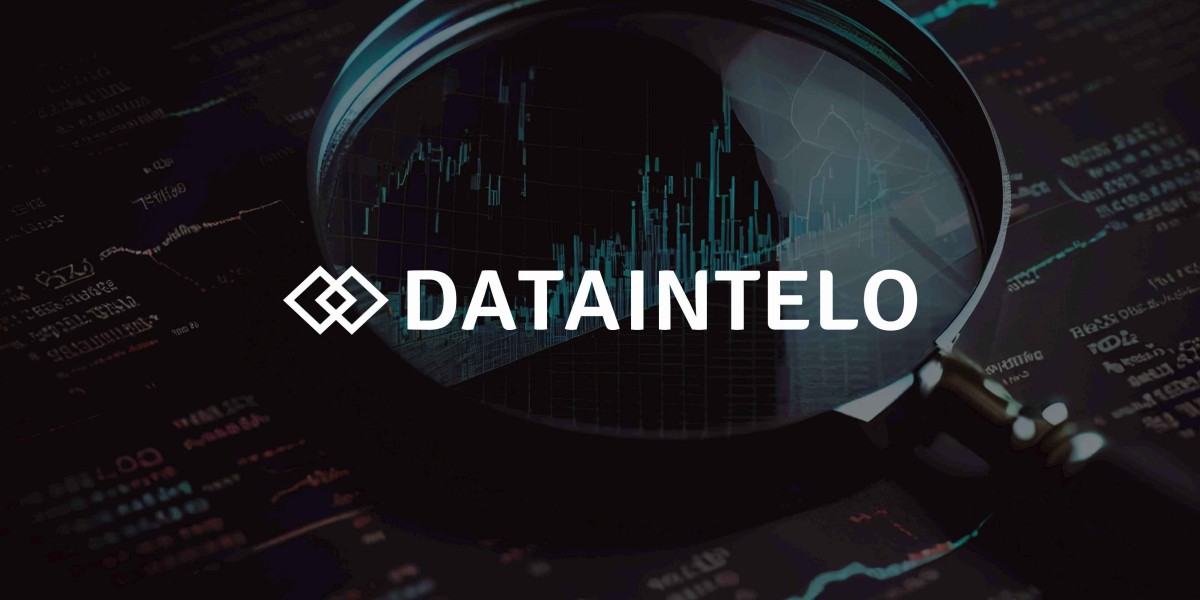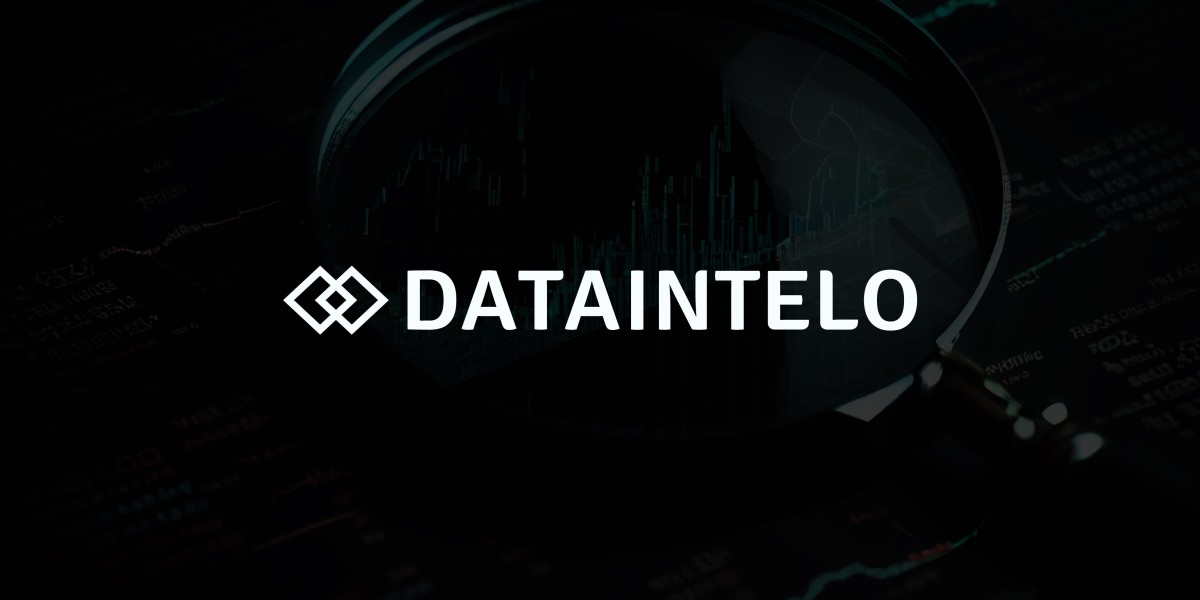The Waste Management Software Market is undergoing a substantial transformation as urbanization, population growth, and stricter environmental regulations push governments and businesses to adopt smarter waste handling solutions. This market, fueled by advancements in digital technology, is becoming essential in achieving sustainability goals worldwide.
By automating processes like route optimization, recycling management, and regulatory compliance, waste management software improves efficiency and helps organizations minimize environmental footprints.
https://dataintelo.com/request-sample/149303
Key Market Drivers
Several core factors are driving the global Waste Management Software Market:
Urban Expansion: Rapid urbanization creates vast quantities of waste, requiring systematic and tech-enabled solutions.
Sustainability Goals: Governments and corporations are striving for zero-waste initiatives, boosting demand for software that supports data tracking and waste reduction.
Smart City Development: Waste management software plays a pivotal role in smart infrastructure planning.
Regulatory Compliance: Growing legislative pressure to ensure proper waste disposal and documentation is driving software adoption.
These drivers collectively highlight the urgent need for digital transformation in the waste sector.
Major Restraints in the Market
Despite the upward trend, the Waste Management Software Market faces certain challenges:
High Implementation Costs: Small- and medium-sized organizations may struggle with the initial investment in digital solutions.
Data Privacy and Cybersecurity: With increased digitization, protecting sensitive waste data becomes crucial.
Limited Technical Skills: In emerging economies, lack of trained personnel can slow down software deployment.
Integration Complexities: Compatibility issues with existing infrastructure can create operational inefficiencies.
Overcoming these hurdles will be key to unlocking the market’s full potential.
Emerging Opportunities
Numerous opportunities are shaping the future of the Waste Management Software Market:
Cloud-Based Solutions: SaaS platforms provide scalable, flexible, and cost-effective alternatives for businesses of all sizes.
AI & IoT Integration: Predictive analytics and sensor-based monitoring enable proactive waste handling.
Circular Economy Models: Software that supports tracking and reusing waste resources aligns with global sustainability efforts.
Public-Private Partnerships: Collaborations between governments and software vendors open doors to large-scale deployment.
Such trends point toward a more connected and data-driven approach to waste management.
https://dataintelo.com/report/global-waste-management-software-market
Market Dynamics and Forecast
According to Dataintelo’s latest findings, the global Waste Management Software Market was valued at approximately USD 9.8 billion in 2023. It is anticipated to grow at a CAGR of 11.2% from 2024 to 2032, potentially reaching USD 25.3 billion by 2032.
Key Market Segments:
By Deployment: Cloud-based and on-premise solutions
By Application: Residential, Commercial, and Industrial waste management
By Geography: North America leads, followed closely by Europe and Asia-Pacific
This projected growth underscores the sector’s increasing relevance in urban and environmental planning.
Regional Analysis
North America: Technological maturity and strict environmental regulations make it the dominant market.
Europe: Emphasis on the circular economy and waste-to-energy initiatives drive adoption.
Asia-Pacific: Rapid urban development and government sustainability programs are accelerating software demand.
Rest of the World: Infrastructure development and foreign investments are creating new opportunities.
Each region is exhibiting unique drivers and adoption patterns, shaping the global market landscape.
https://dataintelo.com/checkout/149303
Industry Trends and Innovations
Cutting-edge technologies are redefining waste management:
Artificial Intelligence (AI): AI-powered analytics improve forecasting and decision-making.
Internet of Things (IoT): Smart bins and sensor-enabled tracking streamline operations.
Mobile App Integration: User-friendly apps allow for real-time reporting, route tracking, and performance analysis.
Blockchain: Emerging use cases include transparent tracking of recyclable materials and secure data management.
These innovations are helping governments and private players transform waste handling into a strategic, data-centric process.
Strategic Recommendations
To stay ahead in the competitive landscape, stakeholders should:
Focus on R&D and invest in emerging technologies like AI and blockchain.
Develop region-specific strategies to accommodate diverse waste management regulations.
Offer customizable, scalable solutions for both public and private sector clients.
Enhance user experience through intuitive dashboards and mobile-friendly platforms.
These initiatives can ensure strong market positioning and sustained growth.
Final Outlook
The Waste Management Software Market is evolving as a critical component of sustainable urban living. As the global demand for intelligent, compliant, and eco-friendly waste solutions continues to rise, this market is set to witness exponential growth.







